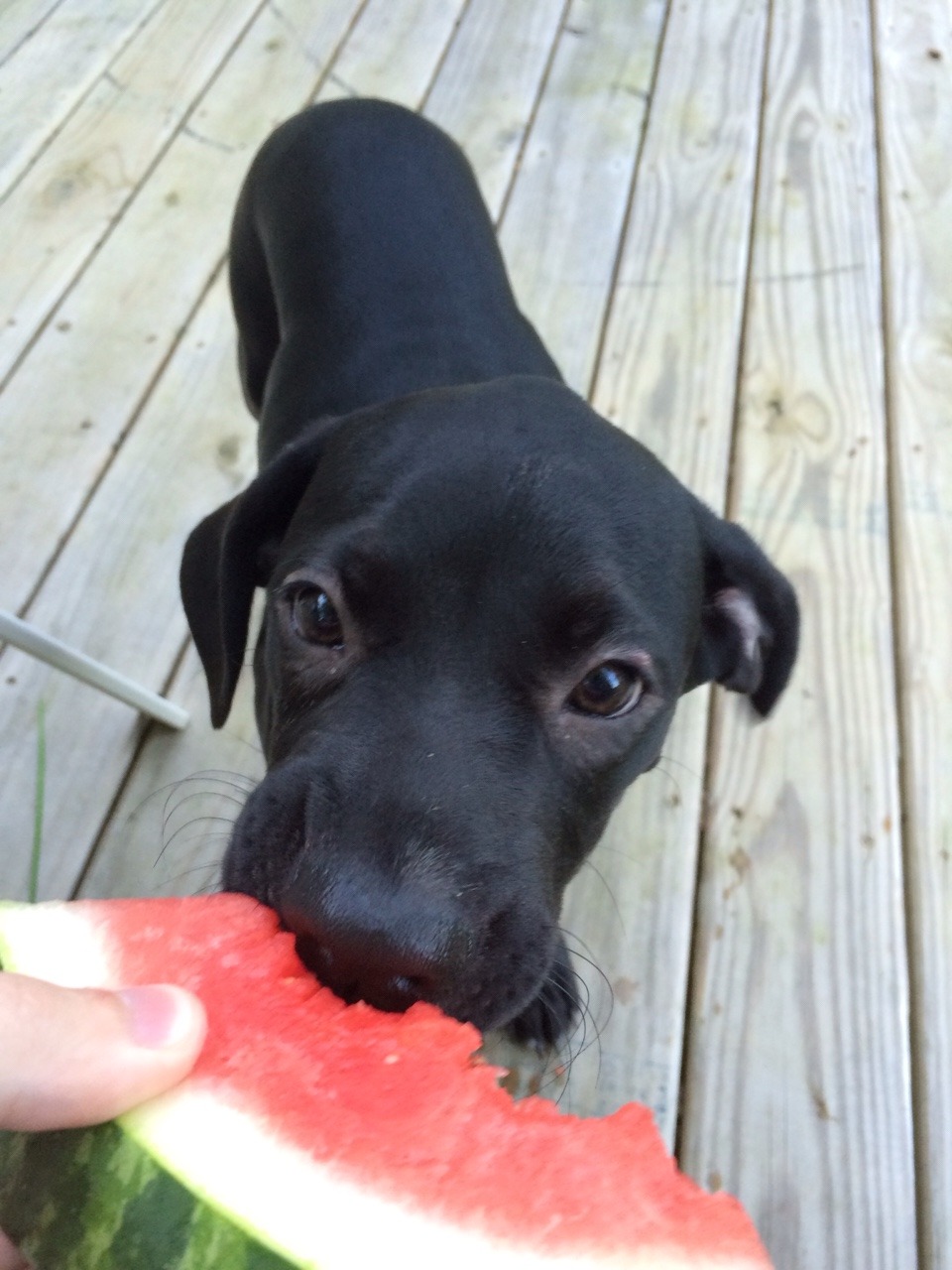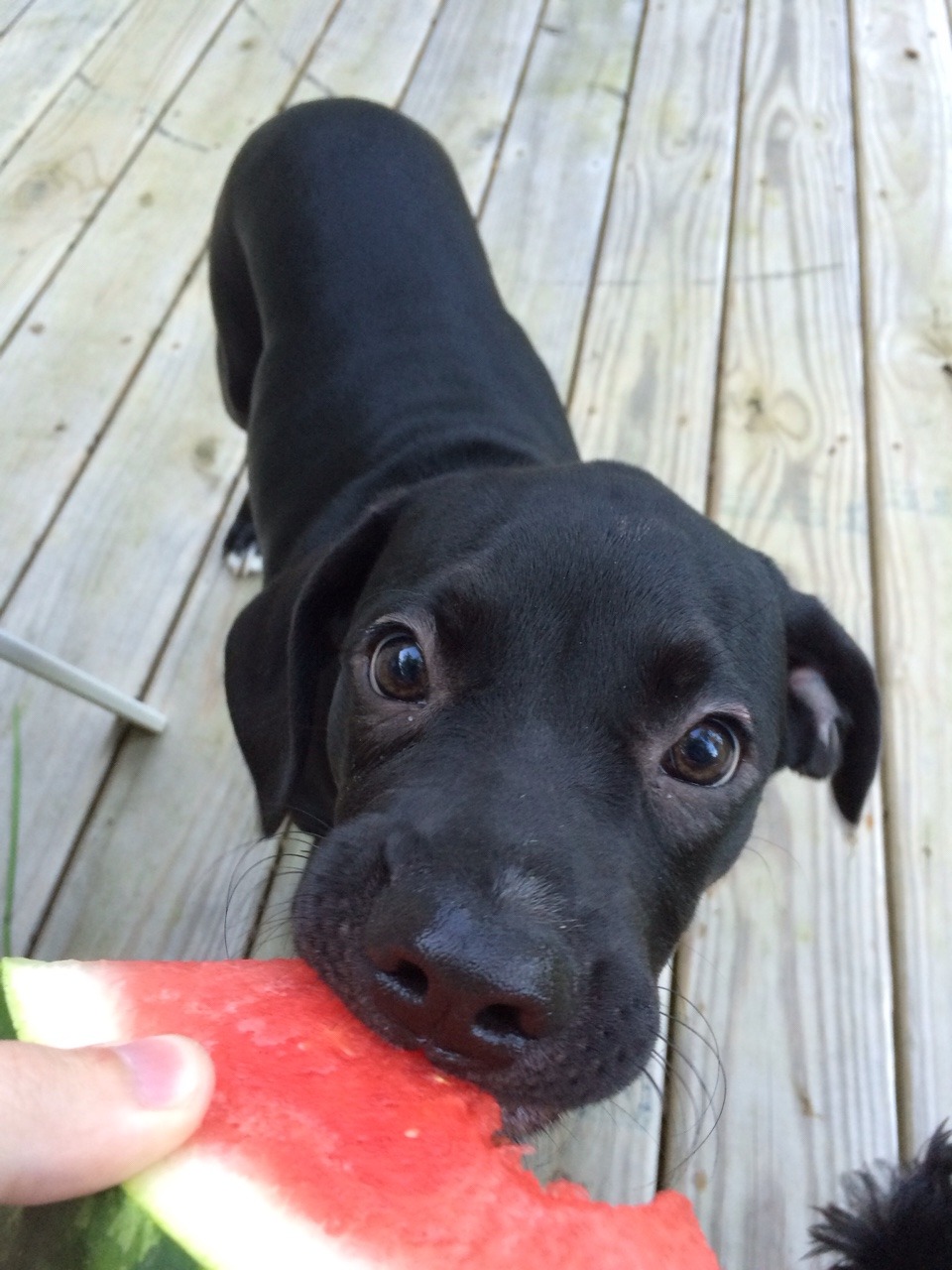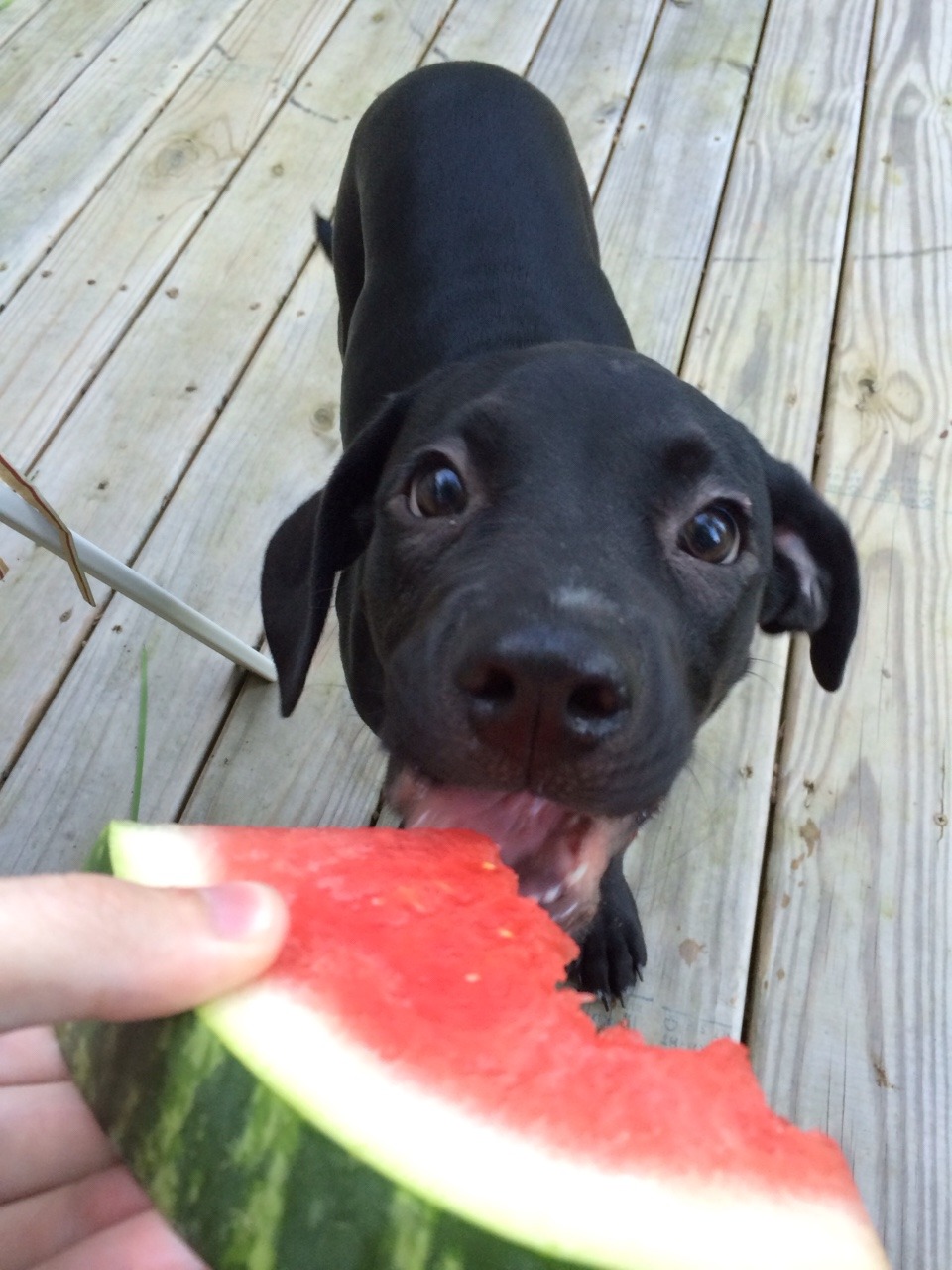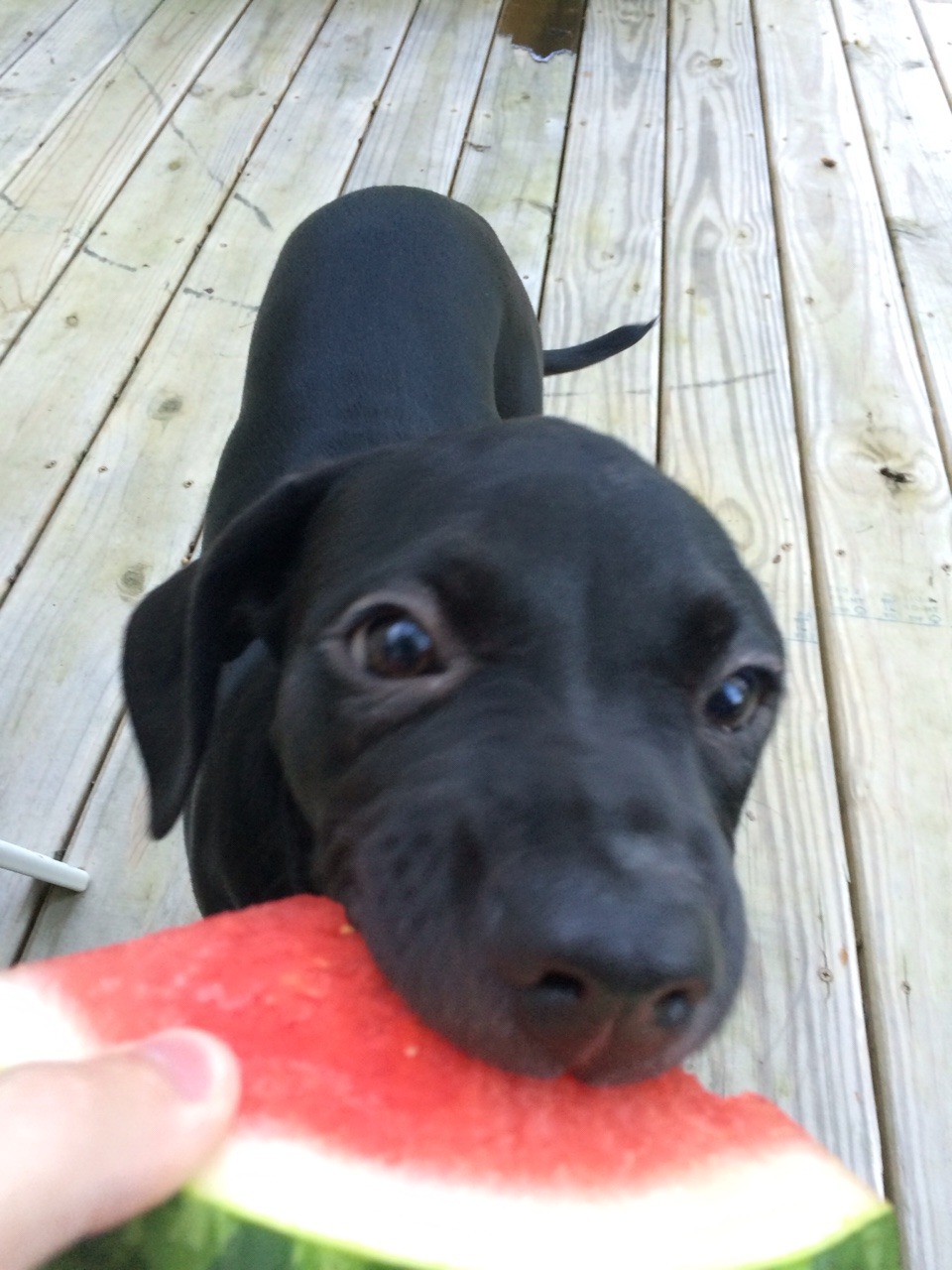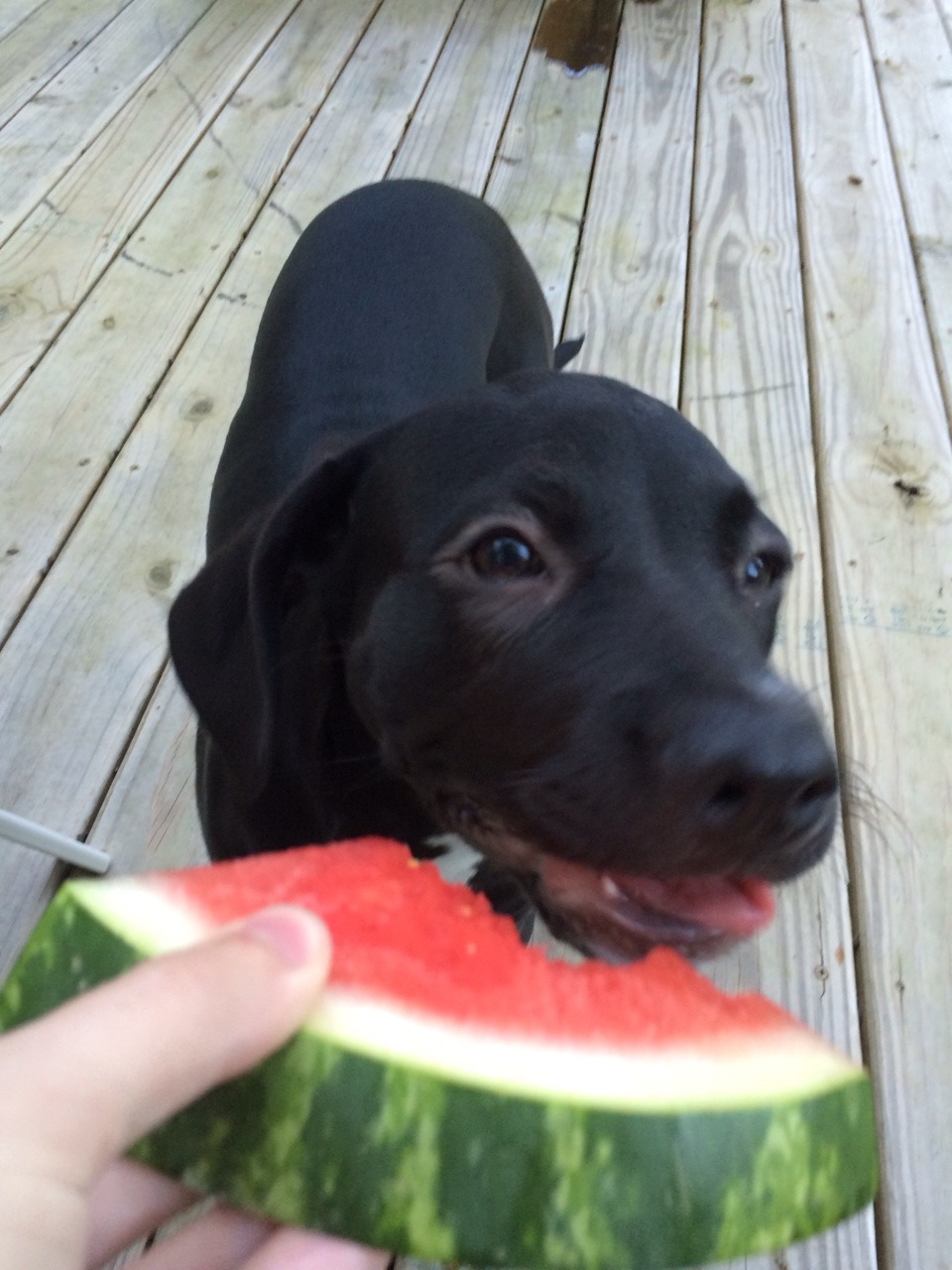

casual reminder that leia is also a skywalker and equally as force-sensitive and capable of great power just like her twin luke but decided that instead of exploring the dull-ass monk-like path of a jedi she’d rather explore han solo’s body and run the galaxy

(via youre-reallyworthit)
can y’all shut the fuck up about snape when we had LITERALLY THE SWEETEST MAN EVER
Can we talk about how Hagrid is a half-giant and basically the only of his kind at Hogwarts? How his birth was revealed without his consent in a “news” article, causing parents to see him as incompetent and violent? How he took the fall for a crime he didn’t commit because he looked brutish and dumb compared to the golden-child prefect Tom Riddle, who accused him? How this caused him to miss out on the rest of his education and left him to be banned from using magic, the biggest indicator of outsider status in the magical world? How, despite all of this, he’s still genuinely a better person than a kid who got bullied a few times and became obsessive over the girl he didn’t get? How Hagrid’s love of those big, scary monsters isn’t because he’s silly or naive, but because he knows what it’s like to be seen as a monster when it’s not true?
Hagrid is miles more interesting and compelling, but people can’t get past the obsessive, creepy asshole.
I have strong feelings about Rubeus Hagrid.
(via humorrelated)
I present to you a puppy eating watermelon.
I can’t stop thinking about this
(via s-i-ncerity)
I’ll never punish my daughter for saying no.
3. She owes no one her silence, her time, or her cooperation.
6. She is entitled to her expression.














